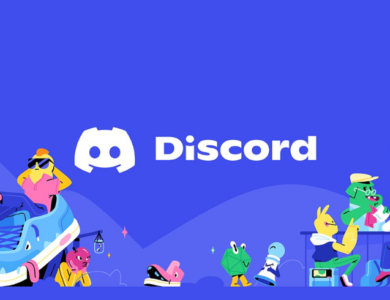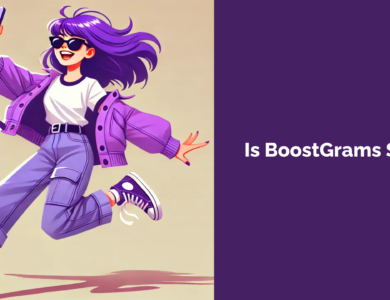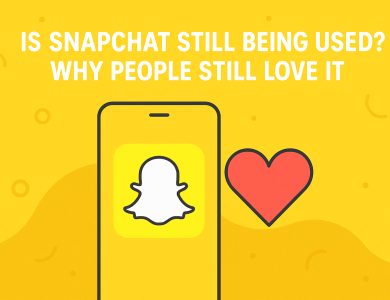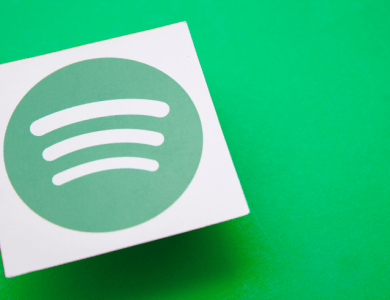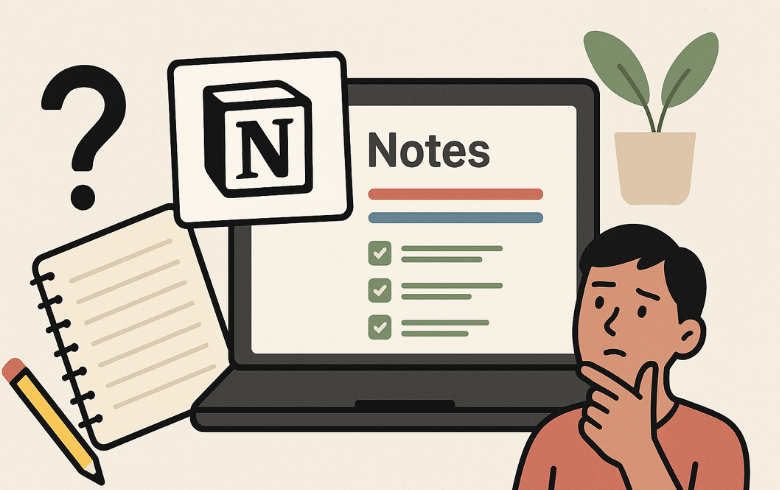
Whether you’re a student, professional, or someone just looking to get their personal life organized, you’ve probably stumbled across Notion. With countless tools for managing notes, tasks, projects, and even life goals, Notion promises a comprehensive solution. But is Notion really the best choice for your note-taking and personal management needs? Let’s dive in and find out!
At its core, Notion is an all-in-one workspace designed to integrate notes, databases, tasks, calendars, and even collaboration within a single platform. Imagine combining your Evernote, Trello, Google Docs, and Excel into one seamless tool—that’s Notion.
Contents
Why Choose Notion for Note Taking?
Flexibility and Customization
The biggest appeal of Notion lies in its extreme flexibility. Unlike traditional note-taking apps such as Evernote or OneNote, Notion allows users to create entirely customized systems. You can build templates, embed files, create databases, and design pages exactly how you want them.
Want a database to track your book collection? Done. Need a task board similar to Trello? Easy. Want to embed YouTube videos, Google Maps, or Figma designs? No problem!
Integration with Other Tools
Notion integrates seamlessly with many popular applications such as Google Drive, Slack, and GitHub. Whether you’re tracking professional tasks or personal projects, these integrations make it easy to streamline workflows and avoid constantly switching between apps.
Collaborative Features
If your note-taking involves teamwork, Notion stands out with robust collaboration tools. Real-time editing, easy sharing, and clear commenting options make Notion ideal for team projects, academic group work, or family planning.
But Is Notion Right for Everyone?
Despite its strengths, Notion may not suit every individual perfectly. Here are some factors to consider:
Learning Curve
Notion’s flexibility can be overwhelming initially. While simple notes and lists are straightforward, leveraging Notion’s powerful features like databases, templates, and embedded integrations requires a bit of a learning curve. If you prefer simplicity over customization, Notion might initially feel daunting.
Offline Access Limitations
One significant downside of Notion is limited offline capability. If you’re frequently in areas with spotty or no internet connection, Notion might not be ideal since it heavily relies on internet connectivity.
Performance Issues
If you handle extensive databases or complex pages, Notion can occasionally slow down or lag. Although recent updates have significantly improved performance, it’s still a potential issue for power users managing large-scale information.
Who Will Benefit the Most from Notion?
Students and Educators
For academic users, Notion’s ability to organize notes, class schedules, assignment trackers, and research databases into one workspace is unmatched. Students benefit immensely from creating custom databases for class notes, study plans, or even thesis management.
Professionals and Small Teams
Professionals who juggle multiple roles and responsibilities often find Notion highly effective. Small teams, freelancers, or startups benefit from Notion’s collaborative features, task management, and the ability to integrate multiple workflows into one platform.
Personal Development Enthusiasts
If you’re passionate about personal growth, habit tracking, journaling, or goal setting, Notion provides numerous customizable templates and tools to manage every aspect of personal development.
How to Get the Most Out of Notion
Here are a few tips to help you maximize your Notion experience:
Start Simple
Begin with basic notes and gradually explore templates and databases. Notion’s complexity can be intimidating, so ease into it step-by-step.
Leverage Templates
Notion offers hundreds of community-created templates covering everything from personal finance trackers to project management boards. Use these templates as inspiration or directly import them to save time and effort.
Regularly Back Up Your Data
While Notion has reliable cloud storage, it’s always wise to periodically export important information to safeguard against accidental data loss.
The Final: Should You Use Notion?
Notion is undoubtedly powerful and versatile, but the decision ultimately depends on your individual needs and preferences:
- If you crave flexibility, customization, and comprehensive integration, Notion is likely an ideal choice.
- If simplicity, offline accessibility, and high-speed performance for large datasets are your top priorities, alternatives like Evernote or OneNote might be more suitable.
In short, give Notion a genuine try. Explore its templates, experiment with different workflows, and see if it aligns with your goals. It might just become the indispensable tool you’ve been searching for!
